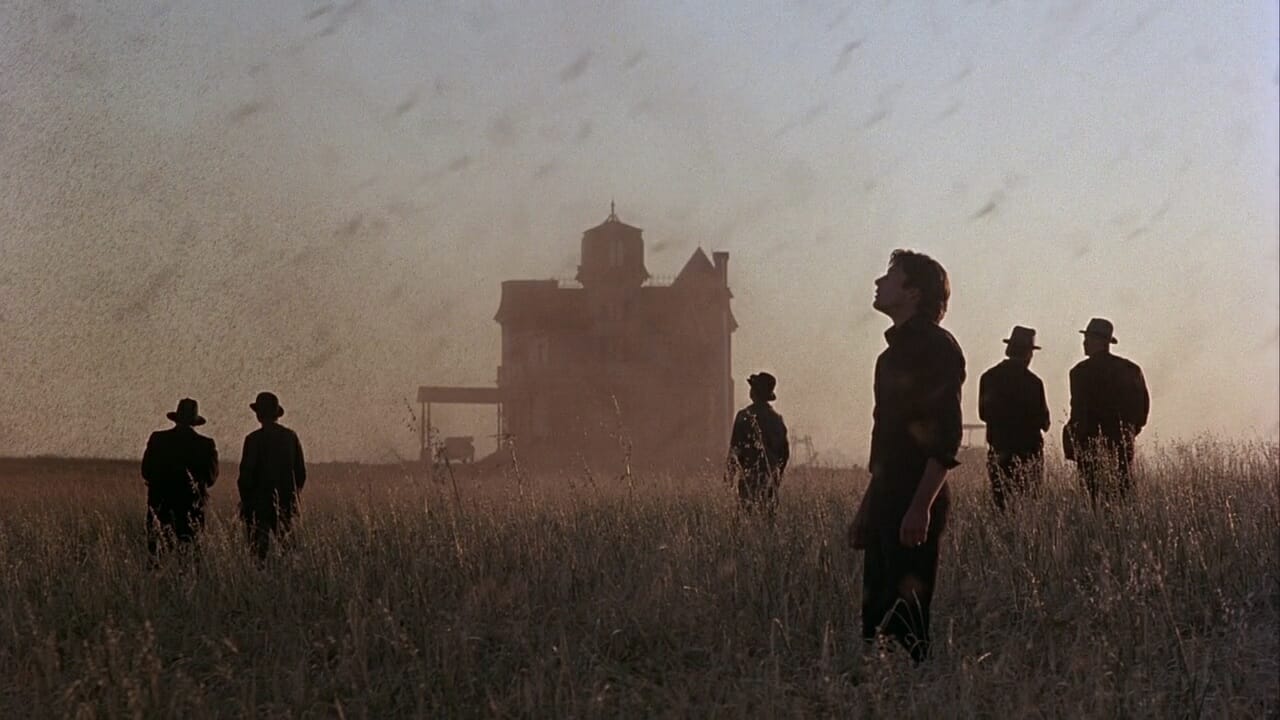-

Punch-Drunk Love (2002)
Random chaos defines Barry Egan’s world in Punch-Drunk Love, reaching out across his work and personal life to diminish his meek existence, and yet there is a balanced coordination across every level of Paul Thomas Anderson’s incredibly formal filmmaking in this offbeat romantic comedy that finds colourful, delicate harmony among the dissonance.
-
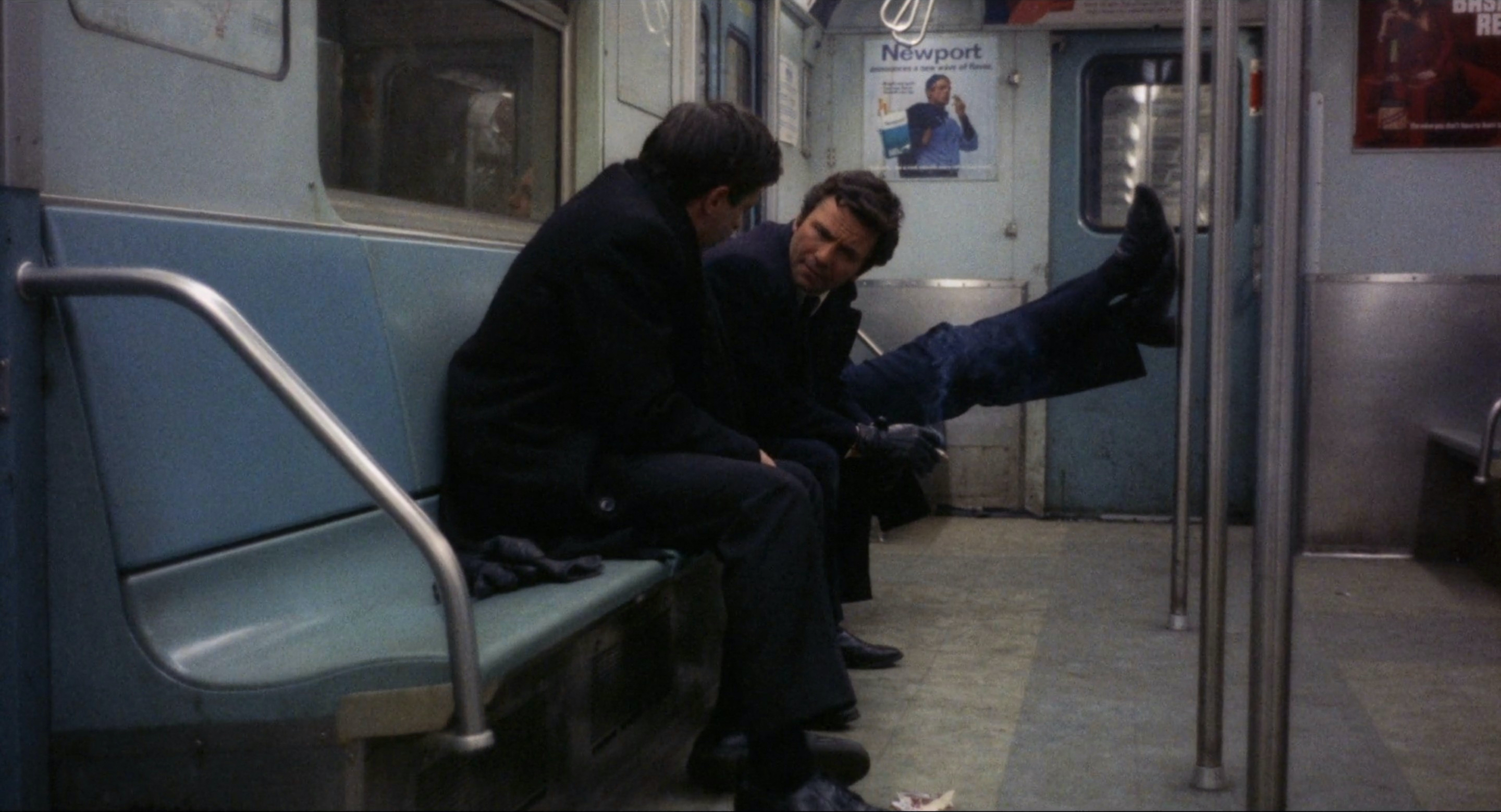
Husbands (1970)
As the title Husbands might suggest, wives are largely absent from the efforts of these emotionally inept men to deal with the repressed grief of losing a friend, thereby letting John Cassavetes’ plotless realism and intrusive camera uncomfortably linger on its exhausting portrait of middle-aged, toxic masculinity.
-

The Big Sleep (1946)
Howard Hawks wields his convoluted narrative like a weapon in The Big Sleep, where fatalistic forces wind together in a treacherous labyrinth seeking to ensnare Humphrey Bogart’s cynical private detective, Phillip Marlowe, thereby immersing us into a gloriously pulpy film noir that sizzles with sexual innuendoes and coy provocations.
-
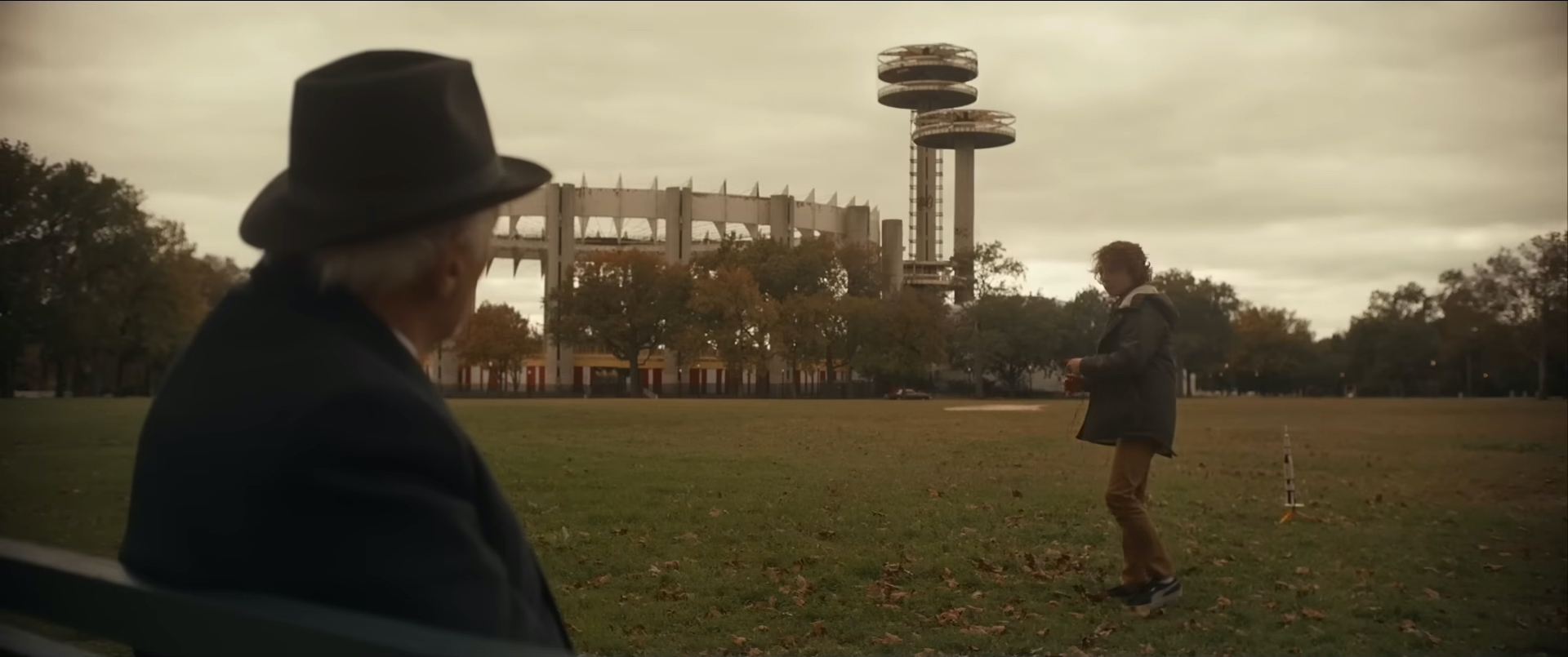
Armageddon Time (2022)
In his light sepia filter and lavish retro design of 1980s New York, James Gray infuses Armageddon Time with a nostalgia that could only exist in the eyes of a child as innocent as him, thoughtfully examining a survivor’s guilt that echoes across generations of inherited privilege, prejudice, and the cultural weight of Jewish history.
-
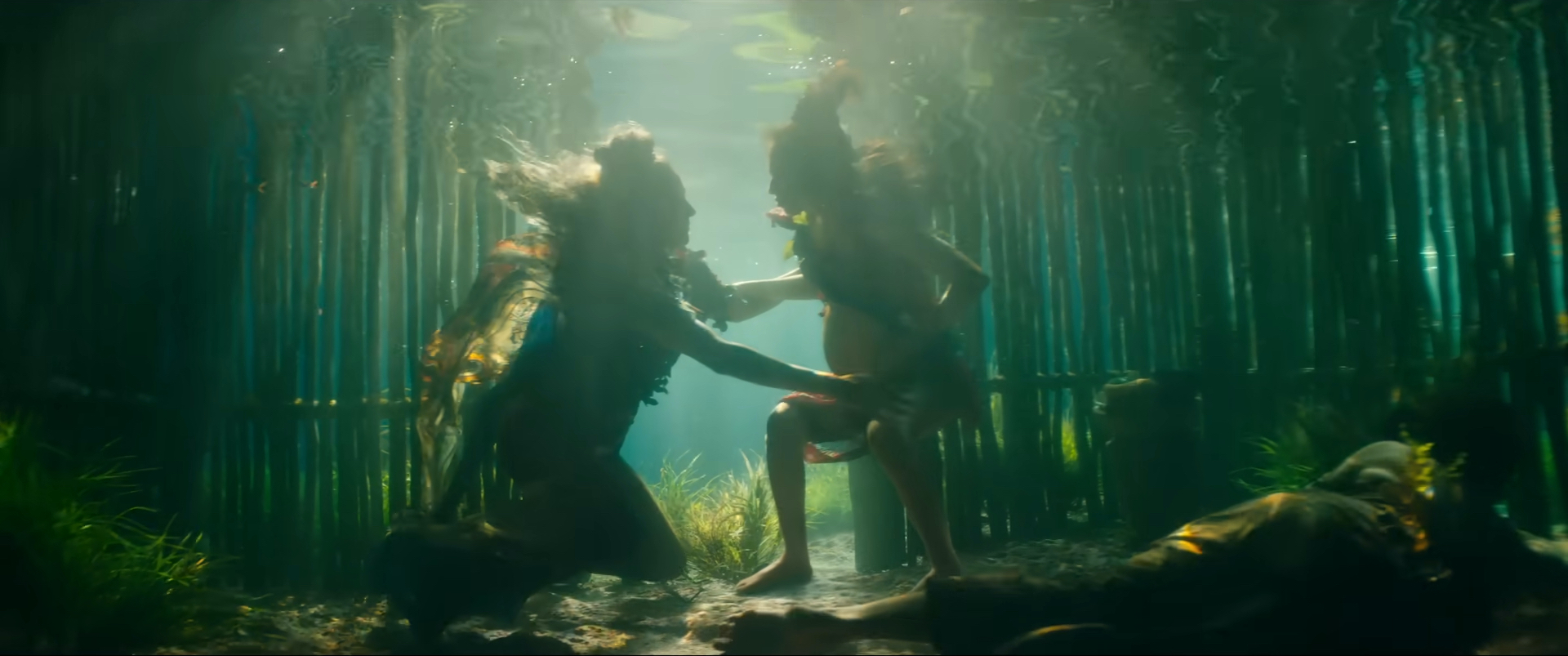
Black Panther: Wakanda Forever (2022)
The outpouring of grief felt in Black Panther: Wakanda Forever is a refreshingly sincere change of pace for Marvel Studios, as Ryan Coogler’s heartfelt eulogising for his late friend underscores new political tensions in Wakanda and the sophisticated world-building of a hidden, underwater kingdom, delivering a visual majesty that sensitively reflects on what has been…
-
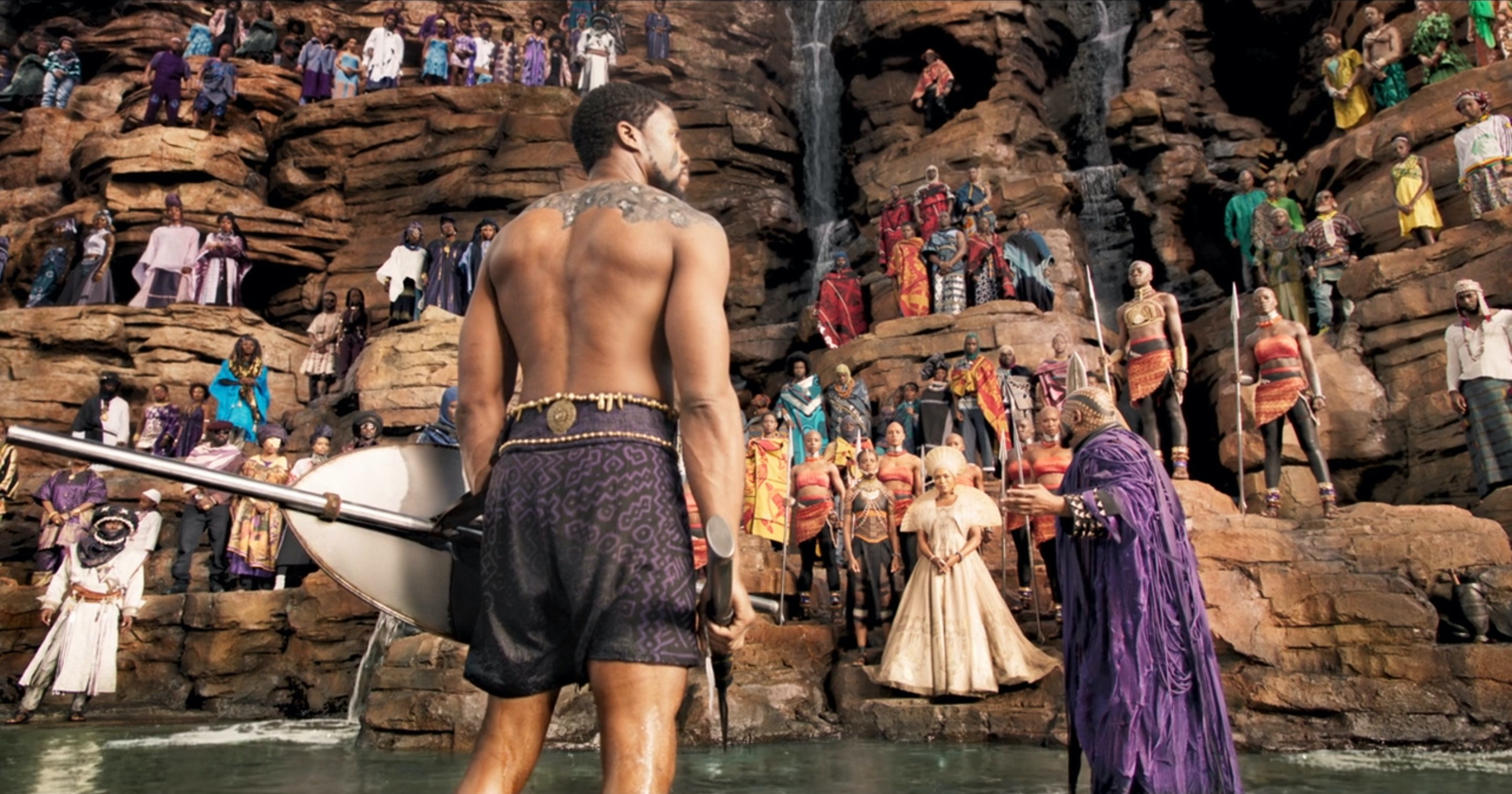
Black Panther (2018)
Black Panther may not entirely break the mould of its genre, but Ryan Coogler’s rich world-building and thoughtful characterisations offer new depths to familiar superhero archetypes, grounding its conflict surrounding the distribution of Black resources within a vibrantly drawn, Afro-futurist kingdom of ancient rituals and modern politics.
-

Charade (1963)
Stanley Donen’s eclectic mix of calculated plotting, screwball antics, and authentic location shooting makes for a fascinating blend of tones in Charade, and yet he skilfully integrates all three with playful ease, infusing its Hitchcockian espionage narrative with an air of Parisian romance and peril.
-
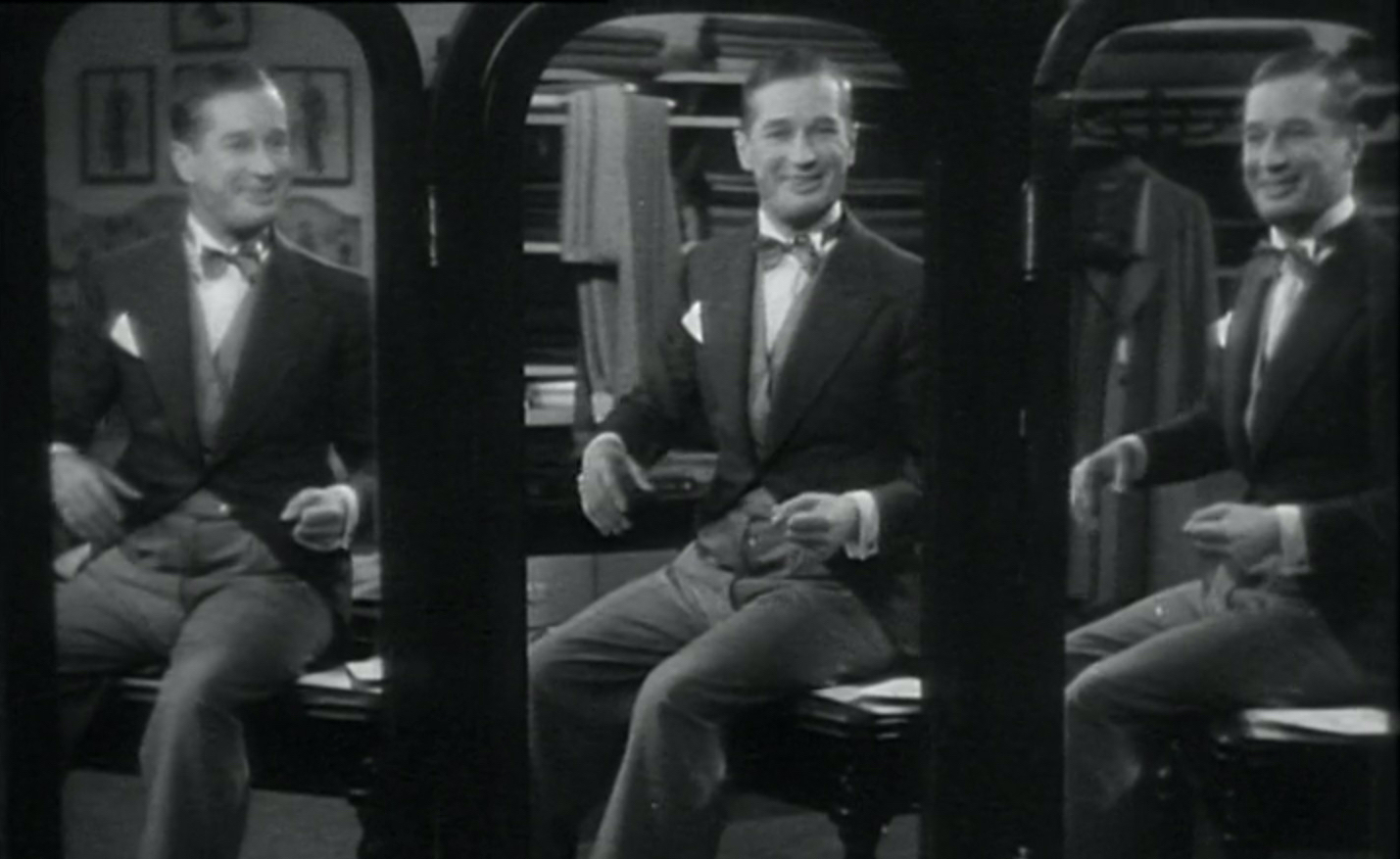
Love Me Tonight (1932)
Blowing in the wind through the French cities and royal castles of Love Me Tonight, Rouben Mamoulian’s infectious melodic motifs unite distant characters from across class boundaries under stirring expressions of love, carrying a narrative dexterity and formal texture that canonises this early movie-musical as one of cinema’s great fairy tales.
-
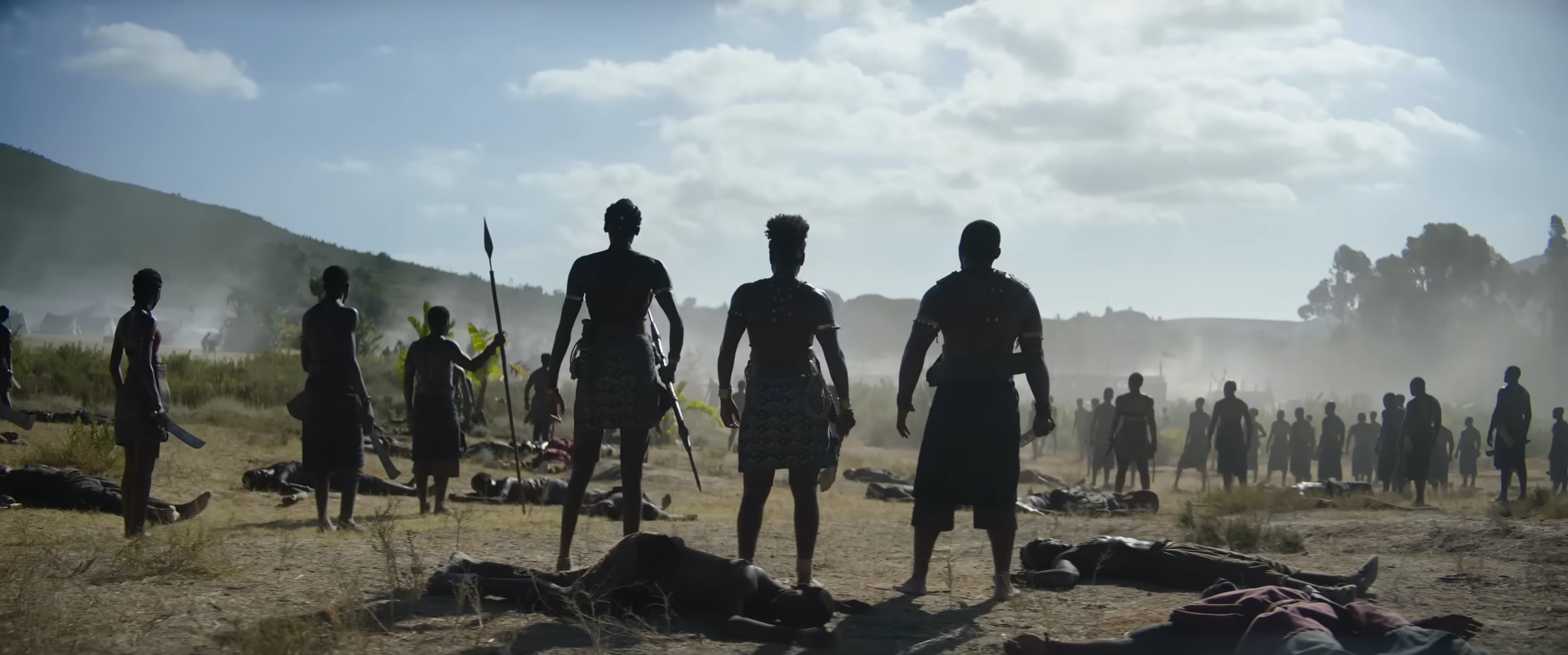
The Woman King (2022)
Within The Woman King’s historical setting of 19th century West Africa, the familial bonds built between the Dahomey tribe’s warrior women feel viscerally alive, as Gina Prince-Bythewood brings both a feminist sensitivity and tactile practicality to sweeping battle set pieces that revel in the awe of its fierce female fighters and leaders.
-
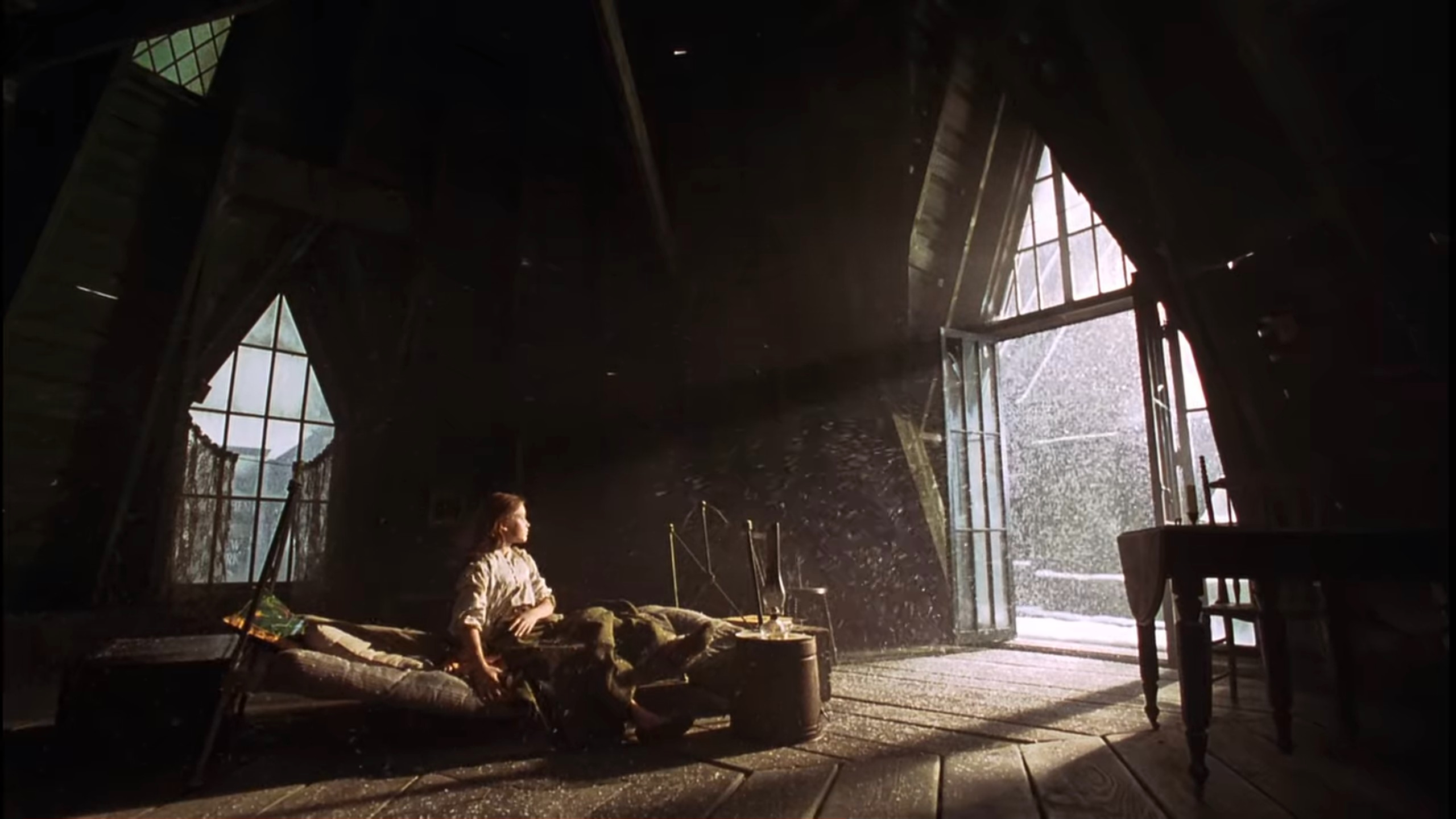
A Little Princess (1995)
Like the fantastical fables Sara tells her fellow students in A Little Princess, her life in a 1910s New York boarding school takes the form of a whimsical fairy tale painted in evocative green palettes and drawn along a light thread of magical realism, each expressing Alfonso Cuarón’s deep love of stories that liberate prisoners…
-
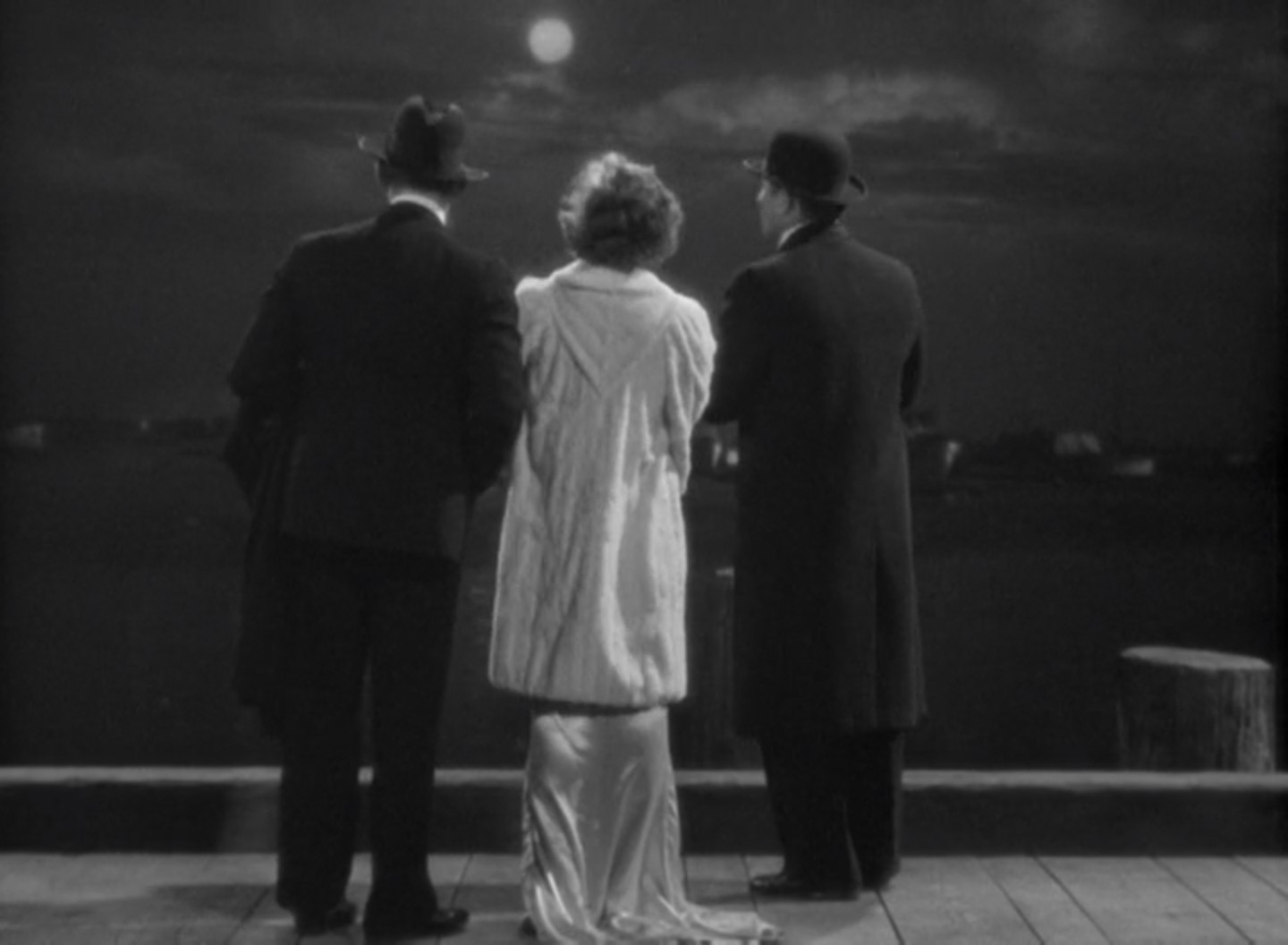
Manhattan Melodrama (1934)
Tragedy marks the beginning and end of the brotherly love between Blackie and Jim in Manhattan Melodrama, touchingly binding them together as soulmates destined for incompatible lives on either side of the law, and by crafting such robust formal connections between them, W.S. van Dyke draws out a pair of internal struggles forcing them to…
-
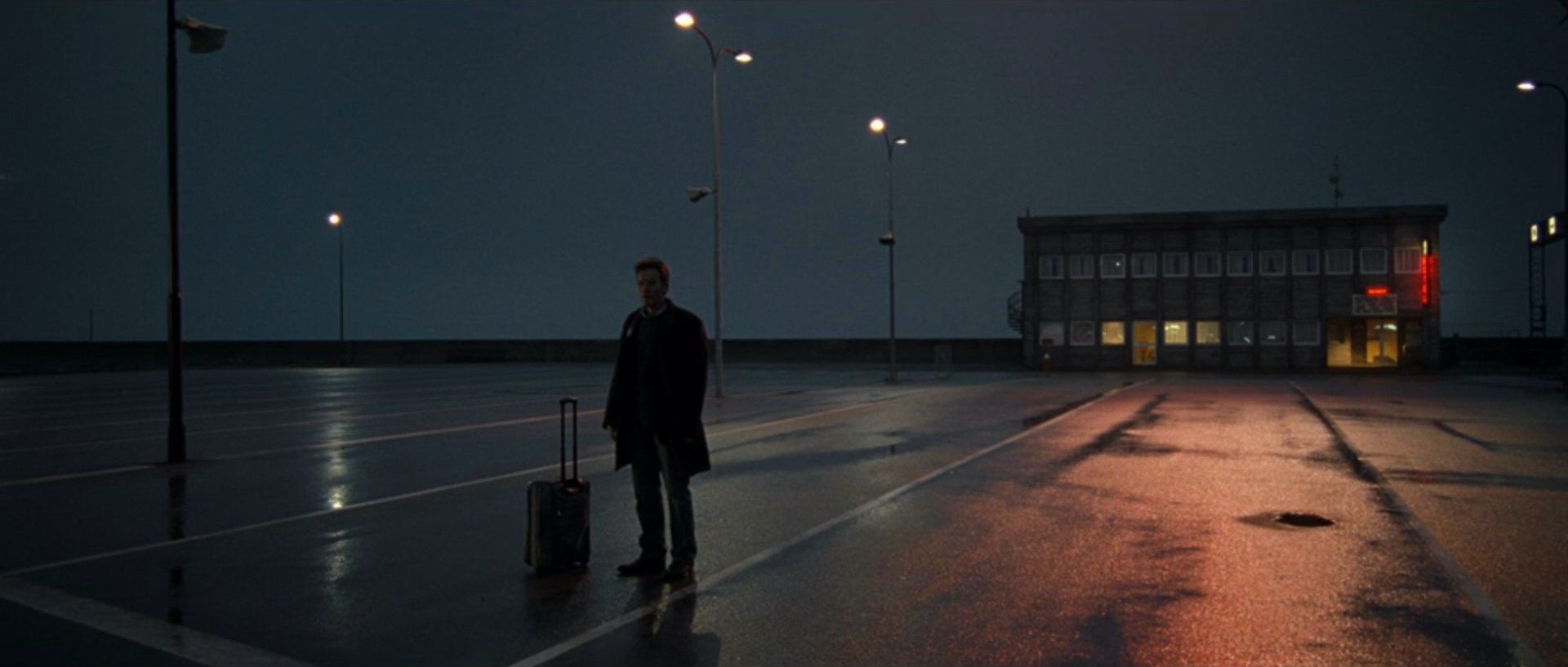
The Ghost Writer (2010)
The Ghost Writer’s pessimistic, circular plotting makes a smooth leap from page to screen in this taut political thriller, as Roman Polanski infuses it with a wholly cinematic atmosphere of phantasmal dread that builds his nameless protagonist on a foundation of obscured identities, as well as a chilling mystery leading him into the mouth of…
